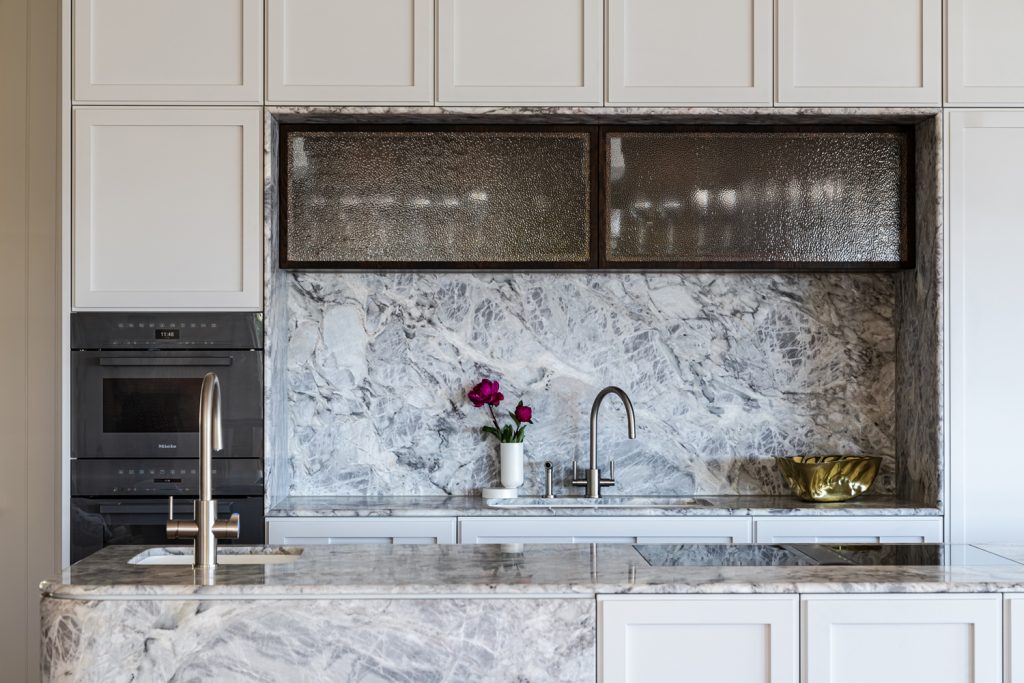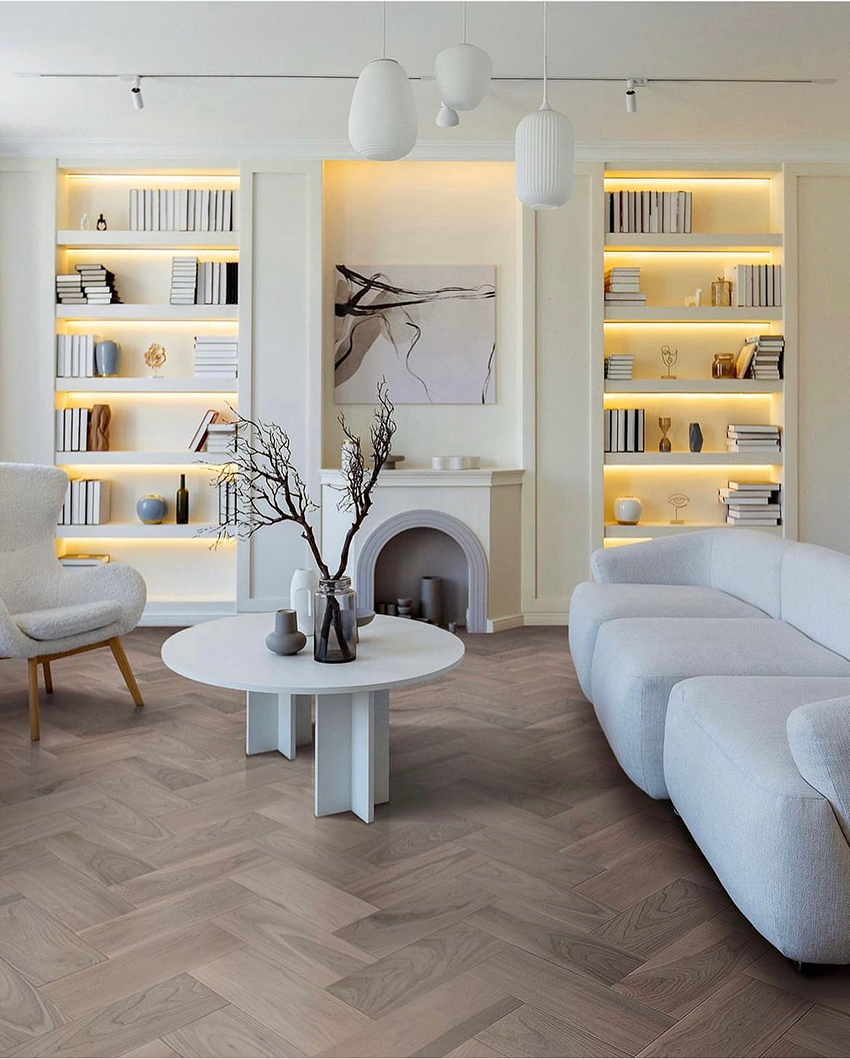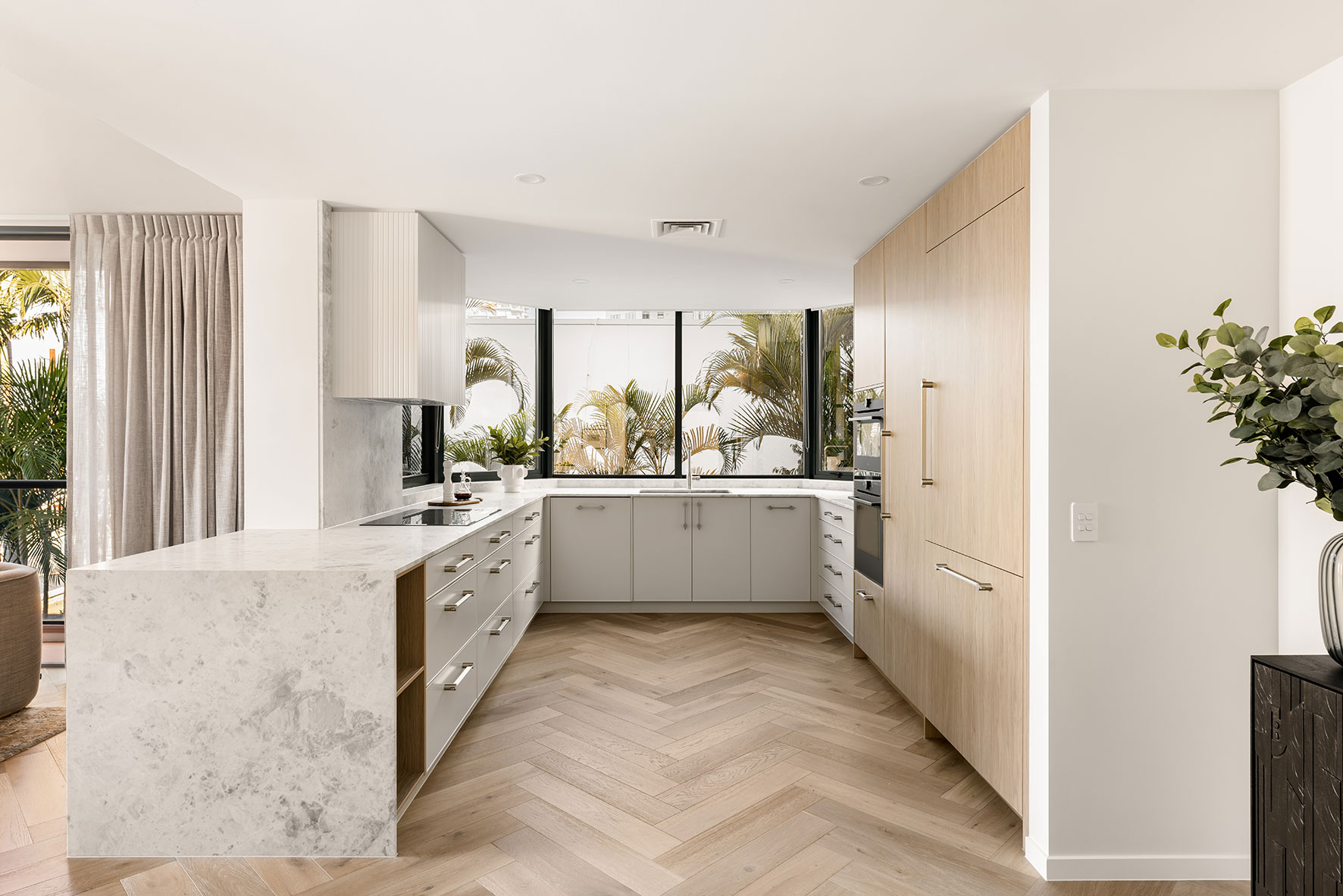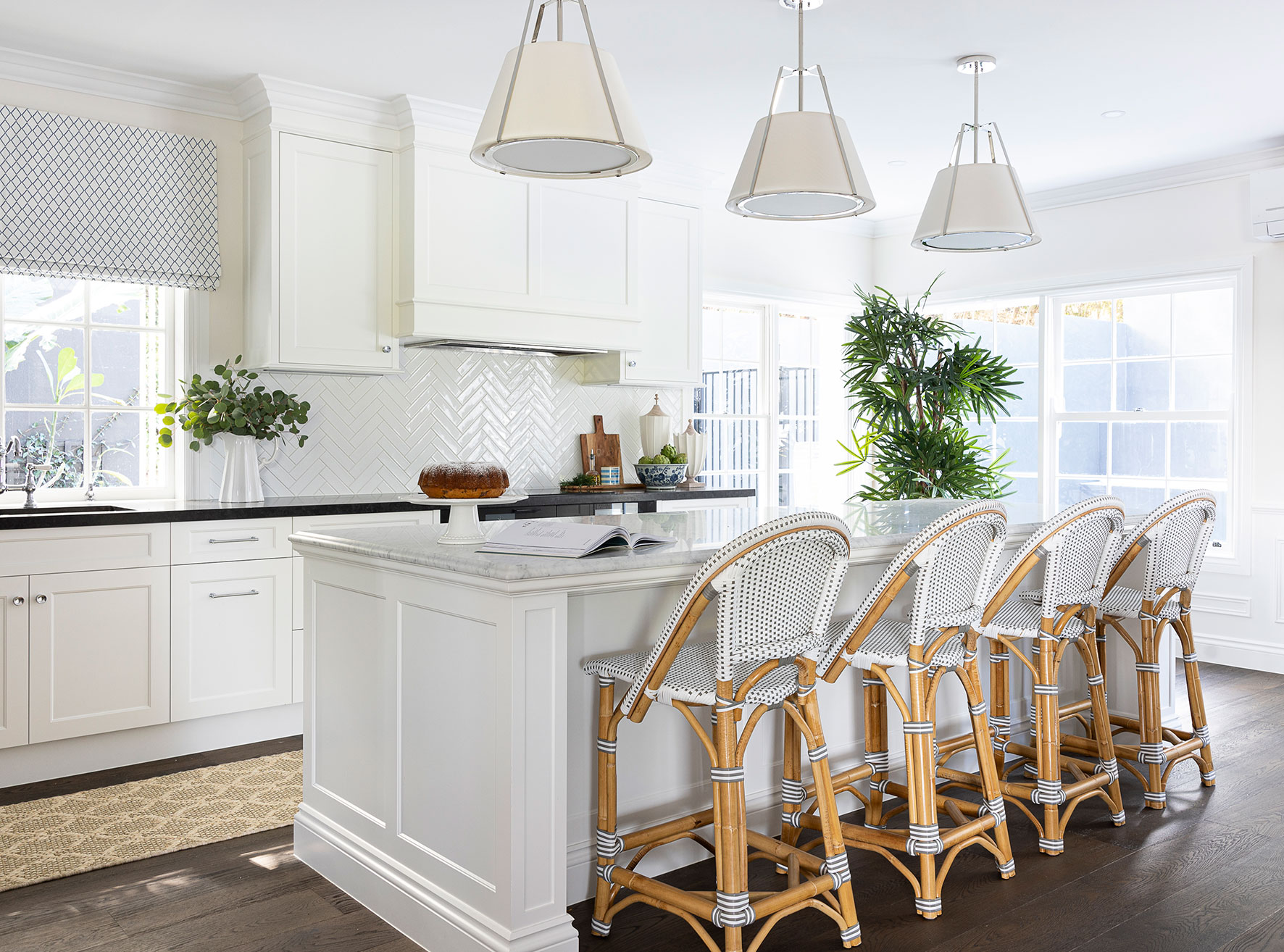Feng Shui is based on the concept that invisible forces bring the universe, earth and humanity together, known as qi (pronounced ‘chi’). It claims to use energy to harmonise people with their environment, and states the way our homes are designed and arranged has a profound impact on our daily lives.
Although Feng Shui originates in China and can seem a little mystifying, much of the philosophy behind it is really common sense, and applying a few simple principles will result in your home being more functional and harmonious.
Now that you’ve done your Marie Kondo declutter, it’s the perfect time to get a good energy flowing through your home. Here’s how.
1. Keep your entrance clear

The front door is one of the most important parts of the home for Feng Shui. Energy comes through the front door so it’s important that the front door is kept clear and the entryway uncluttered. Invite good energy into the home by placing plants at both sides of the front door or hang a beautiful picture on the wall opposite. Make sure it\’s well lit and enticing from the outside.
2. Break up the passage from front to back door

While a clear passage to the back door may not necessarily raise any design red flags, the principles of Feng Shui state that if you have a direct passage from door to door, energy will flow through and out of the home too quickly. Arrange furniture so that there isn’t that direct sweep, or slow down the energy with a rug, side table or artwork.
3. Balance the five elements

The five elements – earth, wood, fire, water and metal – should be present in your home either in a physical sense or a symbolic sense, and balanced. A basic example of balancing all elements would be a lounge room that has a plant (earth), an orange rug (fire), an ocean-inspired painting on the wall (water), a wooden coffee table (wood) and metal lamp (metal). If you have too much of one element in your personality, for example you’re lacking motivation, bring fire colours into your home like red and orange to ignite the flame.
Related article: Indoor plants to breathe life into your home
4. Tidy up your green spaces

Clutter in your garden, sad-looking plants and worn-out furniture create blockages in energy. Throw out any unwanted outdoor pieces you don’t use any more as it can signify an inability to let go of the past and let new opportunities present themselves. Healthy plants, fresh flowers and pleasant smells (a freshly mown lawn, for example) all attract positive energy. Open up the windows to your home and let the fresh air and energy flow through. It’s important in Feng Shui to have plenty of natural light and good airflow.
5. Place key furniture items in command positions

Feng Shui dictates that key items such as the bed, desk and stove should be in command positions. While most of us will have our beds up against the wall already, ensure you can see the whole room from the bed and there is space on each side. If you have a study, place it in a position that can also see the entire room – avoid putting it facing a wall. Having your back to the door is bad Feng Shui, and it\’s said that a wall behind you helps bounce ideas off. Think of the layout of studies in classic movies with the table in the centre of the room for inspiration. We can feel the good energy already.
By Nichola Davies




